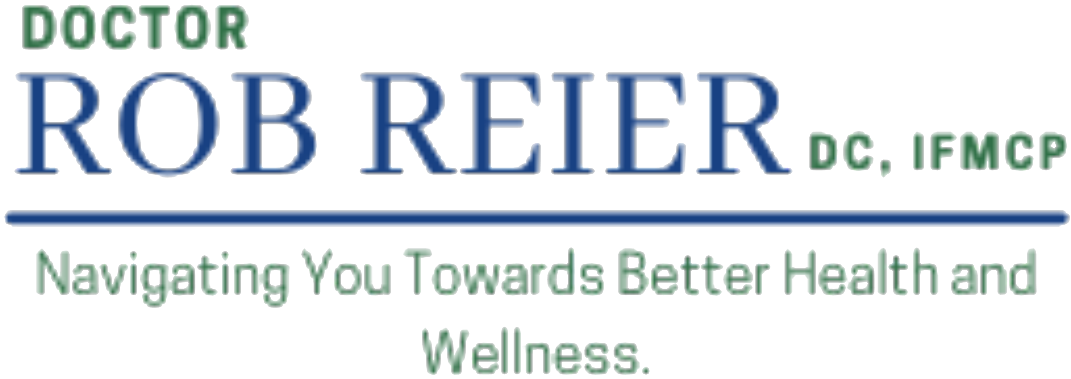Chiropractic Medicine is a dynamic and holistic approach that provides comprehensive health care that addresses a wide variety of factors that impact upon human physiology, including: bio-mechanical dysfunction, diet and nutritional status, exercise, posture, environmental toxins, stress, genetics, and human relationships.
The education of today’s chiropractic doctors (DC) is highly regulated and requires four years of post graduate doctoral study. DC’s receive the same level of training in the basic clinical sciences as other allied healthcare professionals (MD, DO, DDS, RN, etc.). Including the following subjects: biochemistry, physiology, anatomy, histology, microbiology and pathology just to name a few.
In addition, as primary portals of entry, Doctors of Chiropractic from broad-scope schools like the National University of Health Sciences, are trained to use a full range of medical diagnostic tools and a wide array of effective treatment options in patient care. This approach allows for a collegial and integrative interaction with other allied practitioners to serve the patient is the best manner possible.
Doctors of Chiropractic specialize in a drug-free, surgery-free healthcare model, however those trained in a model mentioned above understand the need and necessity of both when necessary.
Like their medical colleagues Doctors of Chiropractic may decide to specialize in specific areas of care. Most have traditionally focused on spine care exclusively, others however will choose target areas like sports medicine, nutrition, or functional medicine. These individual niches require additional training and certification.
To be sure, basic sciences are very much the foundation on which the chiropractic curriculum builds itself, and develops the aspiring doctor’s understanding and appreciation of the physical aspects she or he will be dealing with in the clinical setting.


